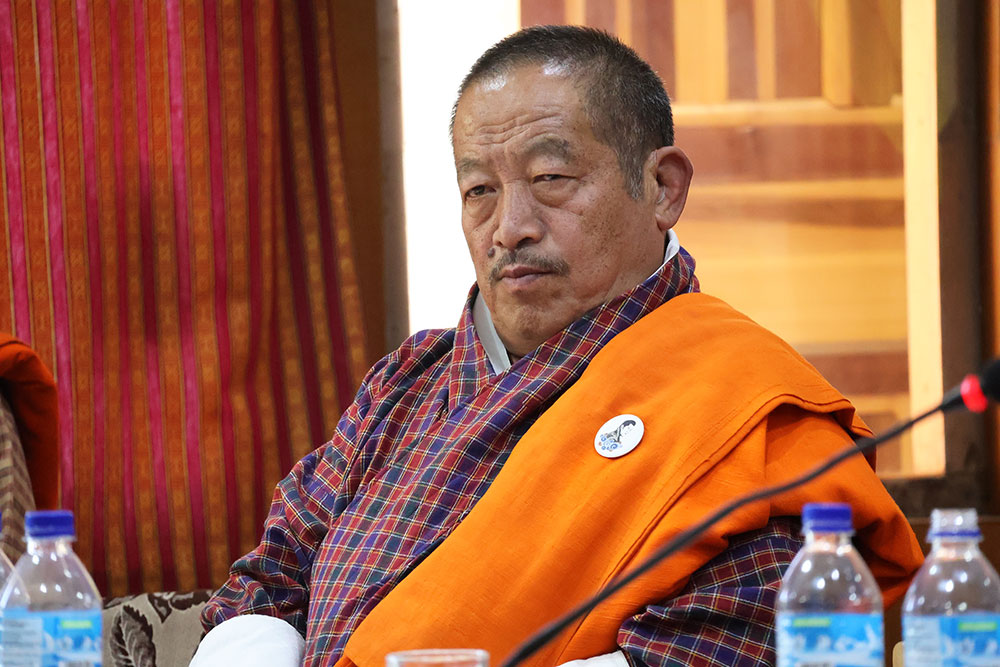YK Poudel
The government has allocated a budget of Nu 2.56 billion for disaster preparedness across various sectors in the 13th Plan to strengthen the disaster management framework and enhance the country’s resilience against increasingly severe weather events.
During the seventh Meet-The-Press, Prime Minister Tshering Tobgay highlighted that His Majesty the King’s personal involvement in disaster response.
“His Majesty has visited areas affected by flash floods and has commanded all sectors to collaborate on comprehensive strategies to protect the public,” the Prime Minister stated.
Energy and Natural Resources Minister Gem Tshering said that Bhutan, like much of the Himalayan region, was facing intensified climate challenges, including heatwaves, droughts, and floods, threatening the livelihood of the communities.
“Within this month, Bhutan experienced two major floods—on August 5 in Bumthang and on August 10 at Dechencholing in Thimphu which also claimed a life,” Lyonpo said.
The funding will be channeled through key departments under Ministry of Energy and Natural Resource (MoENR) including the National Centre for Hydrology and Meteorology (NCHM), the Department of Forest and Park Services (DoFPS), and the Department of Environment and Climate Change (DECC).
The NCHM, with a budget Nu 1,704.6 million in the 13th Plan, will develop critical infrastructure, including a 24/7 national weather and flood warning centre at Yusipang, enhance hydromet observation networks, and strengthen early warning systems for hydrological and glacial lake outburst floods (GLOFs).
Lyonpo said that for the strategic and long-term development of hydromet sectors in Bhutan, the ‘Institutional Strengthening and Modernisation of Hydromet and Multi-Hazard early warning system’ – a roadmap between 2024 and 2034 has been launched.
“Institutional strengthening and capacity building, modernization of observation networks and forecasting infrastructures for service delivery are identified as priority areas,” Lyonpo said.
With a budget of Nu 835 million, the DoFPS will implement measures to improve forest health and resilience. Priority initiatives include forest fire management, including fire hotspot mapping and community-based fire management, with an allocation of Nu 16.29 million specifically for these interventions.
“Recognizing forest fire as a major disaster exacerbated by climate change, the DoFPS has prioritised interventions such as fire hotspot mapping, community-based forest fire management, fuel load reduction in wildland-urban interfaces and awareness campaigns, combating forest fires and capacity building of the officials,” Lyonpo said.
The DECC will focus on climate resilience and ecological diversity, including establishing a climate and environmental scientific museum, developing a natural capital accounting system, and implementing priority activities from the National Adaptation Plan.
“The DECC will also work on establishing a well co-ordinated Bhutan Carbon Market and Bhutan Climate fund,” Lyonpo said.


